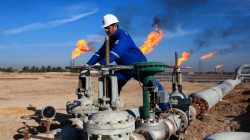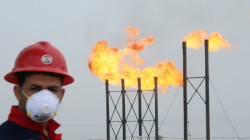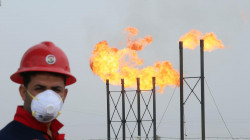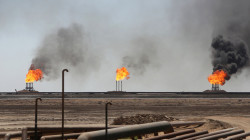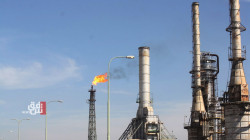Oil guzzler India says OPEC+ decision to hit economic recovery
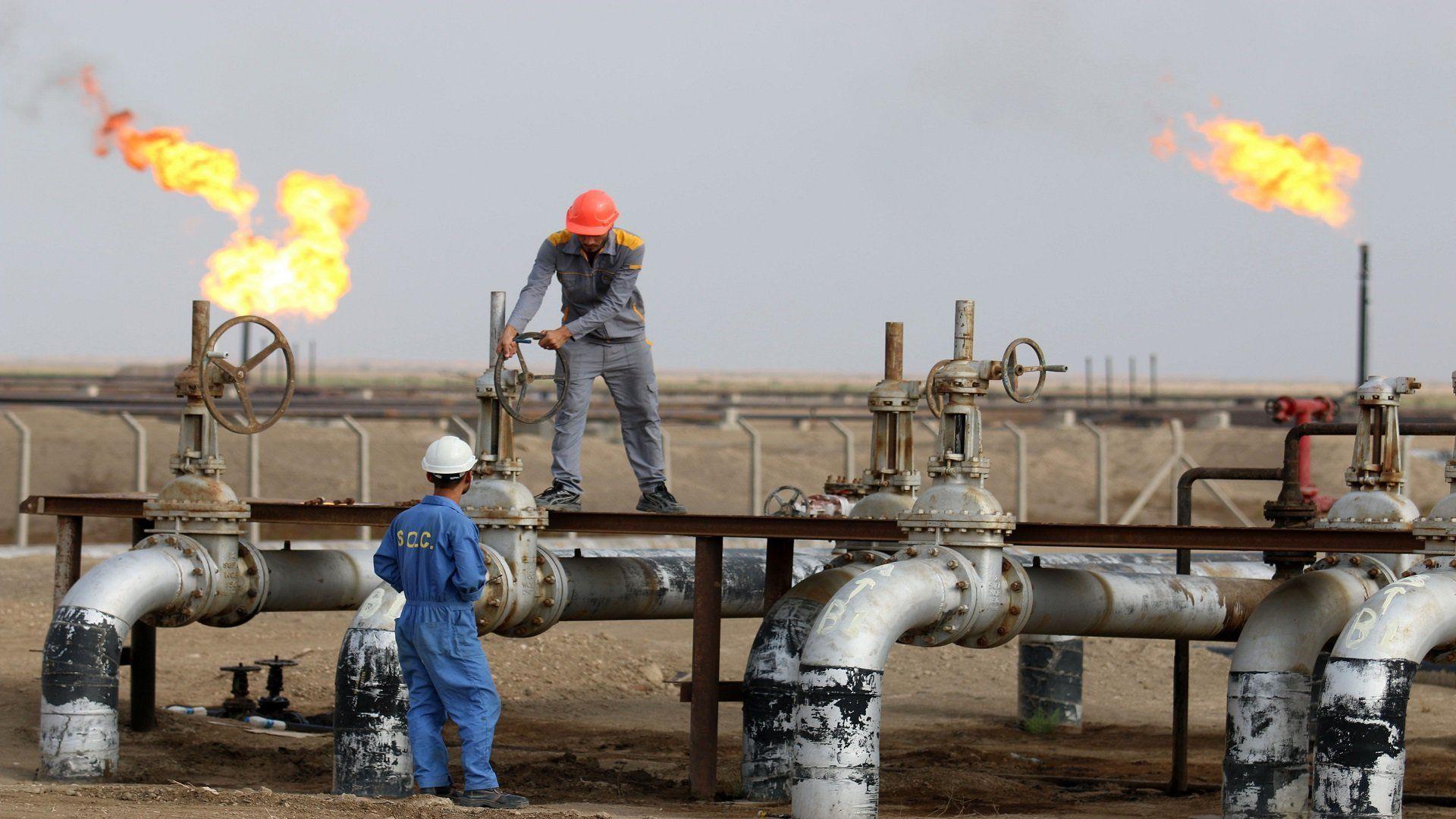
Shafaq News/ India, the world’s third-biggest oil importer and consumer, on Friday said the decision by major producers to continue with output cuts as prices move higher could threaten the consumption led-recovery in some countries.
The Organization of the Petroleum Exporting Countries (OPEC) and its allies, a group known as OPEC+, agreed on Thursday not to increase supply in April as they await a more substantial recovery in demand amid the coronavirus pandemic. Crude prices rose after announcement and are up 33% this year.
Brent crude futures for May on Friday rose nearly 1%, to $67.44 a barrel, and are on track for a near 2% gain this week.
“As one of the largest crude-consuming countries, India is concerned that such actions by producing countries have the potential to undermine consumption-led recovery and more so hurt consumers, especially in our price-sensitive market,” Minister for Petroleum and Natural Gas Dharmendra Pradhan told Reuters.
India, hit hard by the soaring oil prices, urged producers to ease output cuts and help the global economic recovery from the coronavirus pandemic.
“We were really hopeful that OPEC and OPEC+ would have eased the production cuts to some degree taking into account the fragile recovery of the global economy, particularly in developing countries,” Pradhan said.
Rising oil prices are posing fiscal challenges for India, where heavily-taxed retail fuel prices have touched record highs in some parts of the country, threatening the demand-driven recovery.
India, Asia’s third-largest economy, imports about 84% of its oil and relies on Middle Eastern supplies for meeting over three-fifths of its demand.
Responding to India’s repeated request for an increase in output, Saudi Energy Minister Prince Abdulaziz bin Salman responded on Thursday by saying India should start using oil it bought cheaply during the price collapse last year.
However, he said, “we will continue to work with each other...we share their (India’s) view that avoidance of volatility (in prices) will help both producers and consumers.”
Source: Reuters
